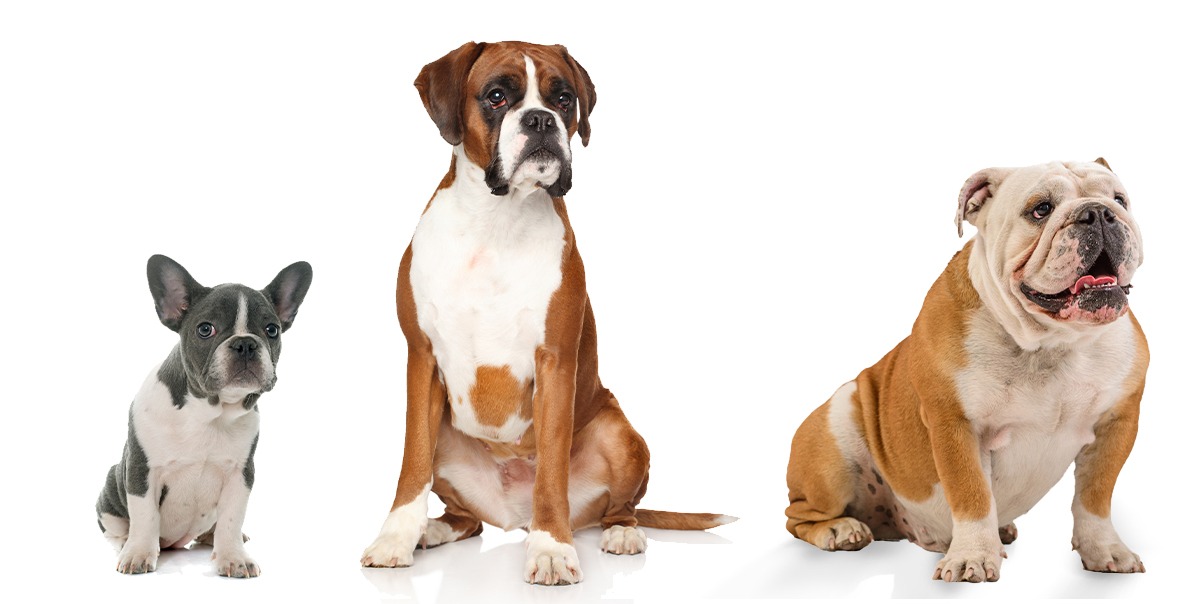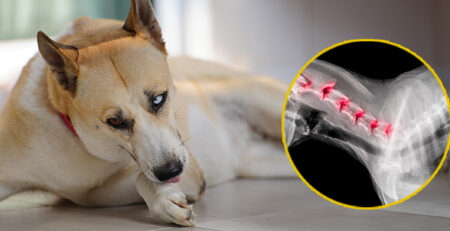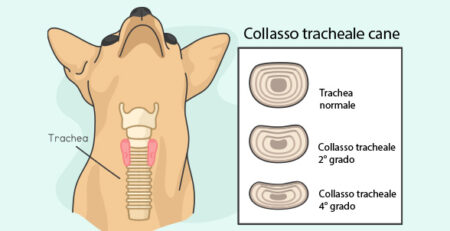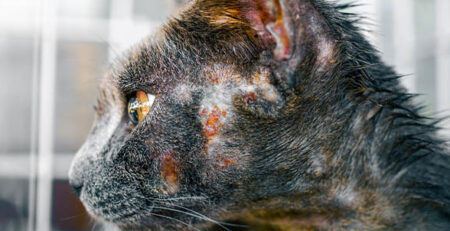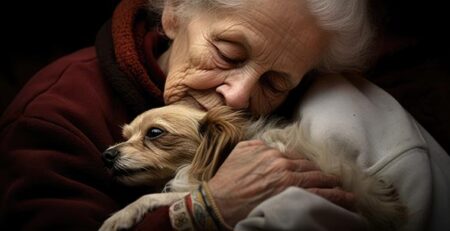Head shaking or head bobbing: head shaking syndrome in dogs
Head Shaking or head tremor syndrome in dogs is manifested by a sudden and involuntary movement of the dog’s head.
The dog’s head shaking can be rotational (“bobble head“), vertical (as if the dog were saying yes) or horizontal (as if the dog were saying no).
Usually an episode of head shaking in the dog lasts a few minutes, and once the seizure is over, the four-legged animal returns to normal.
It is found in young dogs regardless of sex, with a number of episodes of varying frequency and duration as well.
It usually affects brachycephalic breeds more frequently, i.e., all those dogs that have skulls that are wider than long, such as the Boxer, the Bulldog and the French Bouledogue.
What to do if the dog shakes its head
First, don’t panic and keep calm.
Then make sure your dog doesn’t fall or bump into objects, walls or surfaces that could cause contact trauma or injury.
To try to stop the head shaking, try to catch your dog’s attention with something that particularly attracts it: for example A taste of food or a snack he has a sweet tooth for.
A dysfunction of the proprioceptive fibers in the neck
A fairly accepted theory is that tremors are the result of a dysfunction of the proprioceptive fibers in the dog’s neck.
An abnormal stimulus, such as a stress condition or strong arousal, could trigger the reaction of the dog’s neck proprioceptive fibers and thus the involuntary head tremor.
This hypothesis would explain why dogs stop shaking when their attention is induced to focus on food.
Neurologists identify dog head tremor as paroxysmal dyskinesia, or a rare , abnormal, involuntary movement disorder that recurs episodically and lasts for a short period of time.
Head shaking or epilepsy
Dog tremulous head syndrome is often confused withepilepsy.
However, there is a substantial difference between head shaking syndrome and dog epilepsy i.e., the dog remains alert, does not lose consciousness, and there is no alteration in his mental status.
The absence of other neurological symptoms also rules out epilepsy and suggests an episode of head shaking.
It is critical that the Veterinarian evaluate the dog to rule out other conditions that manifest with similar symptoms.
It will help him greatly if you take video during the episode to capture exactly when and for how long the head shaking occurs.
Diseases that can cause tremors in dogs
Causes that cause head tremors in dogs include:
- Injuries and trauma
- Cerebellar syndrome
- Ingestion of toxic substances
- Taking certain medications
The veterinarian will be able to make a diagnosis by narrowing down the field of possible causes through a complete evaluation of the dog and reports of the necessary diagnostic tests.
If your dog has manifested symptoms attributable to head shaking syndrome and you would like to have a check-up, please contact the veterinary doctors on our staff who are always at your disposal.We would also like to remind you that Clinica La Veterinaria is always open h24 every day including holidays and with First Aid service from 8 pm to 8 am.

